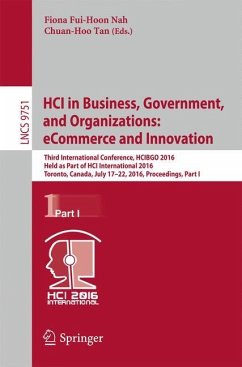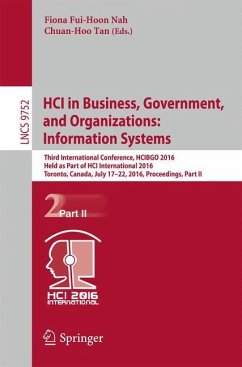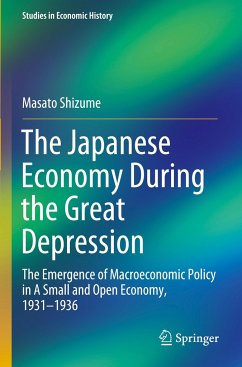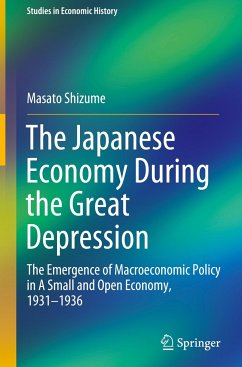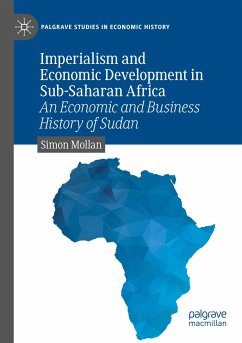
Japanese and German Enterprises
Comparison of Industrial Concentration System and Business Management

PAYBACK Punkte
49 °P sammeln!
The objective of this book is to analyze and compare the processes of corporate expansion of postwar Japan and Germany. It examines the evolution of distinctive Japanese and German business management styles through the adoption of American management methods, thereby establishing a system of industrial concentration in contrast to the US de-concentration policy. This is the first time that the book draws on a range of topics related to business administration, including the concentration of enterprises, management and production systems, management education, marketing, organizational structu...
The objective of this book is to analyze and compare the processes of corporate expansion of postwar Japan and Germany. It examines the evolution of distinctive Japanese and German business management styles through the adoption of American management methods, thereby establishing a system of industrial concentration in contrast to the US de-concentration policy. This is the first time that the book draws on a range of topics related to business administration, including the concentration of enterprises, management and production systems, management education, marketing, organizational structure, and corporate governance. The book compares the Japanese and German models. Japanese enterprises developed a management style that was suitable for American and Japanese markets, in part due to the underdeveloped Asian markets. Meanwhile, German enterprises established a management style for European markets. The book considers the specificities of the Japanese management model, predicated on thorough cost reduction and few product defects. In contrast, the German management model placed a premium on differentiation based on product quality and functionality, with a particular focus on core markets and the skills of the workforce.
The book posits that corporate expansion was a determining factor in the regionalization of each country. Japan underwent a transformation toward "Asianization," which depended on production and markets in Asia after the 1990s. Germany, on the other hand, consistently pursued "Europeanization" after the war in two complementary ways: (1) a heavy reliance on the European region and (2) the endeavor to advance European integration. Transformations in business management are analyzed using the author's two original frameworks: (1) The term "total system of business management" denotes the fundamental conditional structures that regulate and define the established methods of business management within the confines of capitalism in a specific country. (2) The term "reframing" is used to explain the adaptation, modification, and adjustment of one country's particular management style to another nation. These arguments reframe how we understand the historical processes of corporate expansion and provide milestones for a comparative study of management through common factors and characteristics of management.
The book posits that corporate expansion was a determining factor in the regionalization of each country. Japan underwent a transformation toward "Asianization," which depended on production and markets in Asia after the 1990s. Germany, on the other hand, consistently pursued "Europeanization" after the war in two complementary ways: (1) a heavy reliance on the European region and (2) the endeavor to advance European integration. Transformations in business management are analyzed using the author's two original frameworks: (1) The term "total system of business management" denotes the fundamental conditional structures that regulate and define the established methods of business management within the confines of capitalism in a specific country. (2) The term "reframing" is used to explain the adaptation, modification, and adjustment of one country's particular management style to another nation. These arguments reframe how we understand the historical processes of corporate expansion and provide milestones for a comparative study of management through common factors and characteristics of management.







